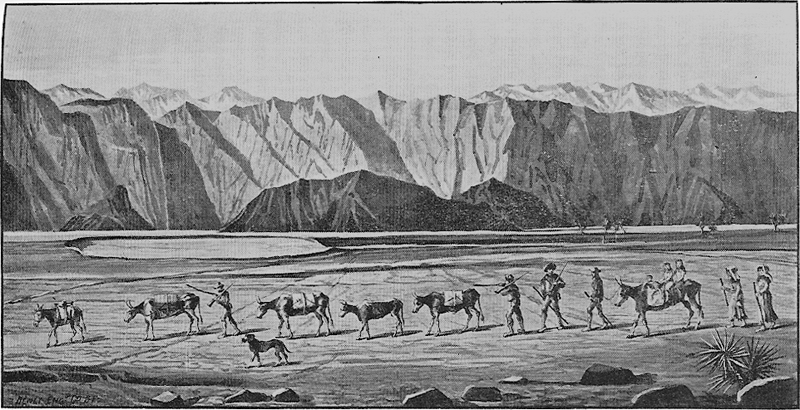 By Josephine Lee
By Josephine Lee
When Dr. Bob Dickson first began teaching Podcast Studio at The Master’s University, the podcasting format had already taken to the skies and was planting its flag in the media atmosphere.
Now, some six years later, the podcast is securely in our orbit – as ubiquitous and accessible as it is varied in scope, covering seemingly every interest and subject imaginable. Dickson, who chairs the communication department at TMU, believes it’s more important than ever for students to make the medium an effective part of their communication toolbox.
In his course, Dickson helps students develop and execute their own unique podcast by coaching them through the primary aspects of the medium: technology and content. During the initial weeks, students learn how to use recording hardware and digital audio software to capture and edit quality sound. Developing this technical competency — what Dickson compares to “learning the scales needed to play an instrument” — is a necessary foundation to creating content worth hearing.
Then, to kickstart their creative ideas, Dickson challenges his students to take a good look at the subjects they know best: themselves.
“We’re training students to use multimedia platforms to reach an audience,” Dickson said. “So it always comes back to, ‘What do you have to say? What is it that you feel is worth putting out into the world? What insights can you bring in that other people don’t have?’”
Dickson said, “One of the objections that gets raised is, ‘That’s already been done. There’s already a podcast on carnivorous plants.’ I said, ‘Well, do a better carnivorous plants podcast.’ Don’t forget that who you are is a big part of this. It’s not just information. It’s you.”
Practical preparation helps students strategize on how best to turn their ideas into actual content. Before any recording takes place, they’re tasked to develop a business plan (with thorough assessment of goals, audience, marketing, and costs) and then pitch their concept as if to an investor.
Once their business plan is finalized, Dickson turns students loose to create three 12-minute episodes. With each episode, they receive feedback from Dickson and their classmates, a process that pushes them to refine their concepts. By the end of the semester, when Dickson asks them to reevaluate their initial business plan, their final product often sounds quite different.
Dickson’s goal is to make the course approachable even for students with no background in the medium whatsoever.
“This is a learn-by-doing class, and the assumption is they don’t know how to do it at all,” Dickson said. “I’m interested in effort — execution comes after.”
Ultimately, Dickson sees podcasting as another opportunity to develop young Christian creators who can serve their churches, contribute to their workplaces, and otherwise glorify God with their passions.
“Equip yourself to do these things,” Dickson said, “and the Lord will not see it go to waste.”
TMU’s communication department equips students to creatively share truth across many mediums. Learn more at masters.edu/communication.
Like this:
Like Loading...
Related




 Tweet This
Tweet This Facebook
Facebook Digg This
Digg This Bookmark
Bookmark Stumble
Stumble RSS
RSS
































REAL NAMES ONLY: All posters must use their real individual or business name. This applies equally to Twitter account holders who use a nickname.
0 Comments
You can be the first one to leave a comment.